How the loud-and-proud Fab Five were able to find success in a country that lags behind others when it comes to LGBTQ issues.
gay rights
Ten same-sex couples are filing a joint lawsuit against the Japanese government, calling for real marriage equality.
The new ad will bring tears to your eyes while revealing some interesting statistics about Japanese society.
Panasonic, the Japanese electronics producer and one of the Olympic Games’ biggest sponsors, announces sweeping policy changes.
On November 28, the results of Japan’s first national survey about attitudes toward gay marriage were revealed. What kind of image did they paint of the people of Japan?
In a landmark move last February, Shibuya Ward in Tokyo announced it would begin legally officiating same-sex partnerships, giving gay couples the same rights as married heterosexual couples. While the movement, set to begin in October this year, has received some scrutiny, it has also seen plenty of support.
Now, in what may be the beginning of a domino effect, one of Shibuya’s neighboring wards, Setagaya, has also announced that it will be offering the same legal recognition to same-sex couples, beginning this November.
It’s nice when something invisibly quotidian is tweaked in a way that grabs your full attention. Previously we’ve talked about slightly altered street signs and artistic renderings of subway maps, and now the humble cash machine gets an eye-grabbing makeover in the interest of LGBTQ inclusivity.
A survey conducted by a Japanese LGBT rights organization has been extremely revealing about the main political parties’ attitudes towards sexual minorities, and is something to think about for voters heading to the polls this weekend.
One of Japan’s leading dictionaries has made a significant (and arguably long overdue) step towards acknowledging and normalizing homosexuality by revising the entries for words relating to love and sex. They have removed restrictive references to these feelings existing only between a man and a woman, opening up the definition of love to everyone — gay, straight, or otherwise.

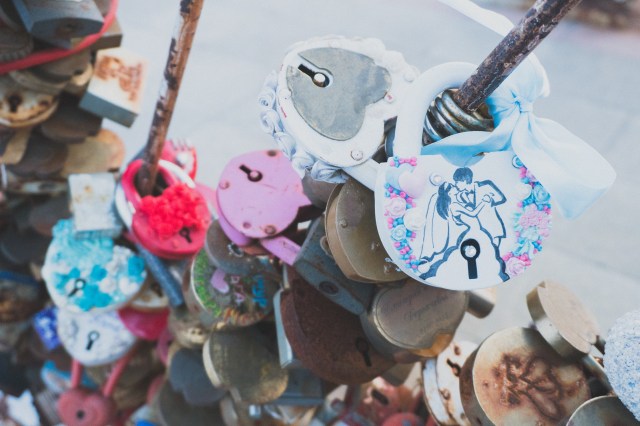
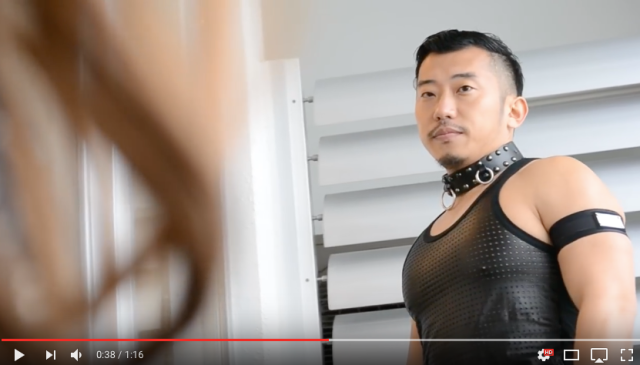
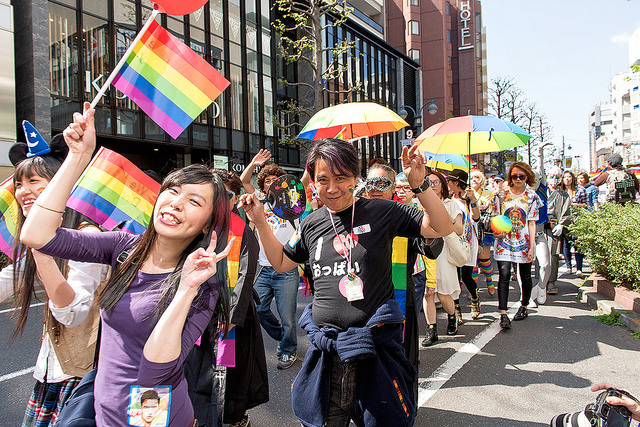
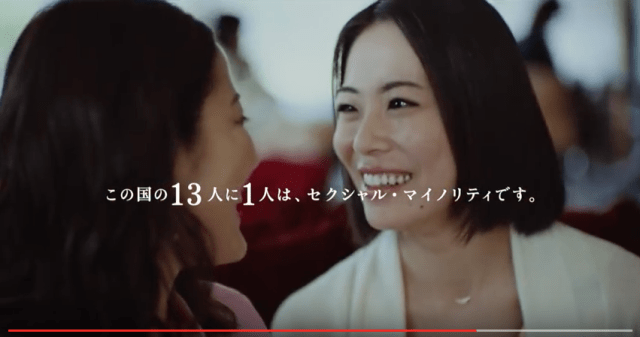
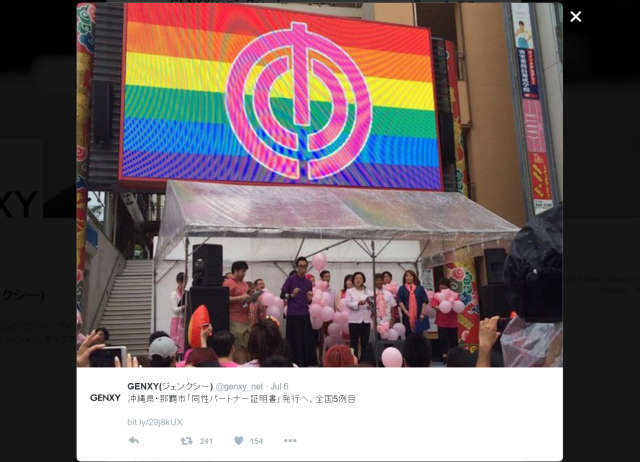
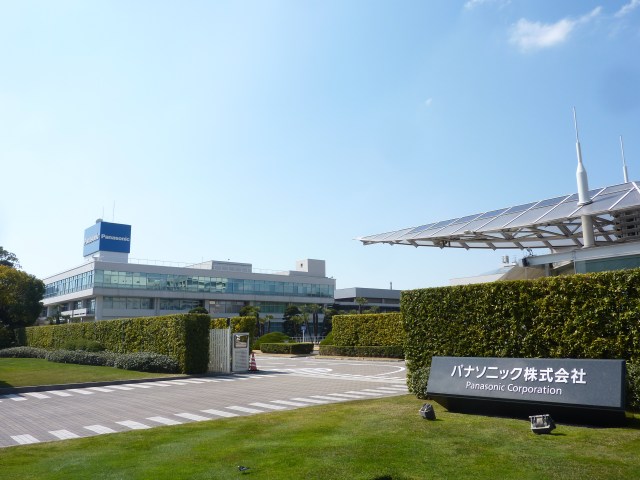
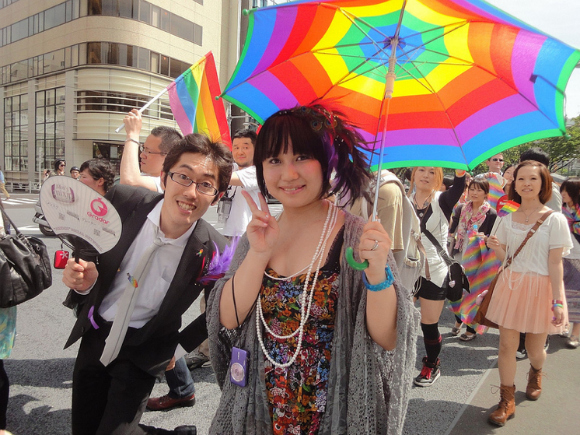
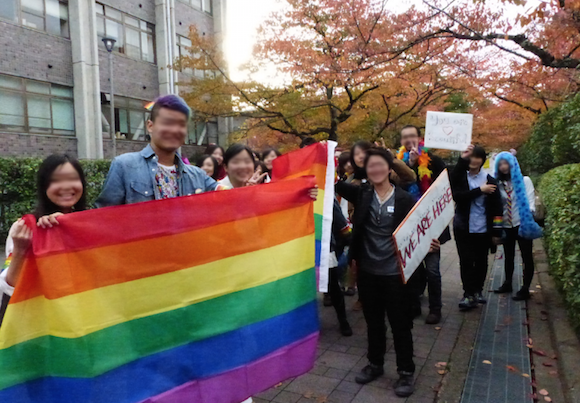
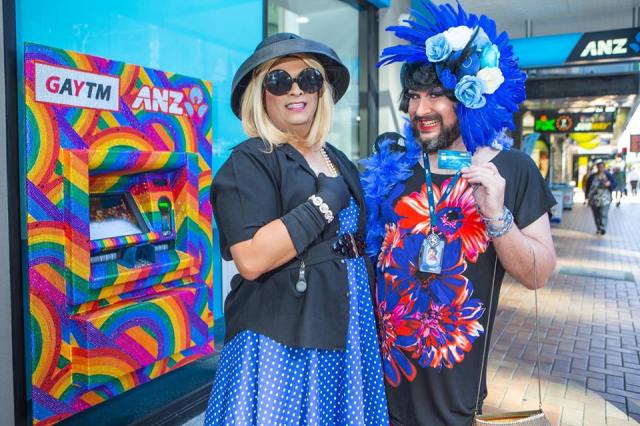
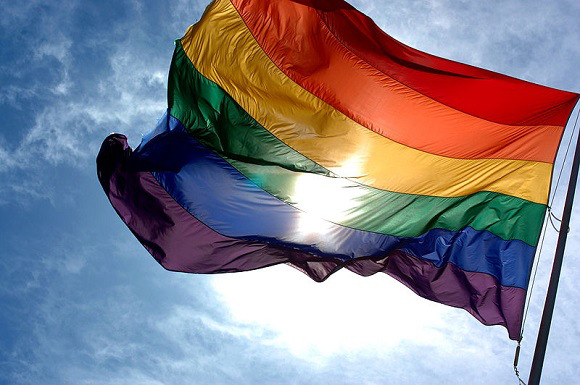
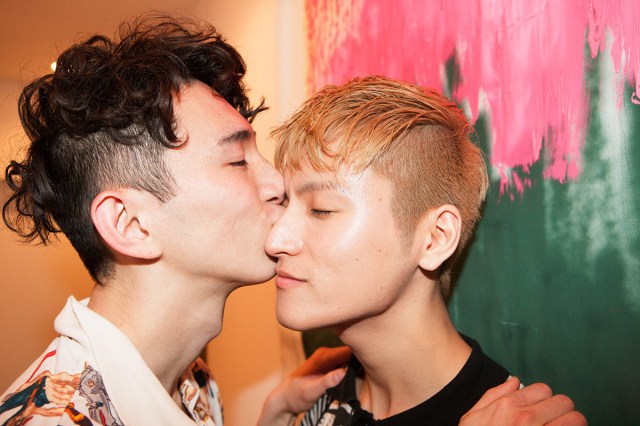
 Should you add tartar sauce to Japanese curry rice? CoCo Ichi makes diners an unusual offer
Should you add tartar sauce to Japanese curry rice? CoCo Ichi makes diners an unusual offer Foreigner’s request for help in Tokyo makes us sad for the state of society
Foreigner’s request for help in Tokyo makes us sad for the state of society Seaside scenery, history, and so many desserts on Yokohama’s Akai Kutsu【Japan Loop Buses】
Seaside scenery, history, and so many desserts on Yokohama’s Akai Kutsu【Japan Loop Buses】 Japanese city loses residents’ personal data, which was on paper being transported on a windy day
Japanese city loses residents’ personal data, which was on paper being transported on a windy day Ghibli Park now selling “Grilled Frogs” from food cart in Valley of Witches
Ghibli Park now selling “Grilled Frogs” from food cart in Valley of Witches Red light district sushi restaurant in Tokyo shows us just how wrong we were about it
Red light district sushi restaurant in Tokyo shows us just how wrong we were about it Harajuku Station’s beautiful old wooden building is set to return, with a new complex around it
Harajuku Station’s beautiful old wooden building is set to return, with a new complex around it Japanese ramen restaurants under pressure from new yen banknotes
Japanese ramen restaurants under pressure from new yen banknotes Katsudon vs. tonkatsu vs. katsu sandwich – What’s the best way to eat pork cutlet in Japan?
Katsudon vs. tonkatsu vs. katsu sandwich – What’s the best way to eat pork cutlet in Japan? New limited-edition Starbucks Japan drinks are for true coffee lovers!【Taste Test】
New limited-edition Starbucks Japan drinks are for true coffee lovers!【Taste Test】 McDonald’s new Happy Meals offer up cute and practical Sanrio lifestyle goods
McDonald’s new Happy Meals offer up cute and practical Sanrio lifestyle goods French Fries Bread in Tokyo’s Shibuya becomes a hit on social media
French Fries Bread in Tokyo’s Shibuya becomes a hit on social media Studio Ghibli releases new action figures featuring Nausicaä of the Valley of the Wind characters
Studio Ghibli releases new action figures featuring Nausicaä of the Valley of the Wind characters New private rooms on Tokaido Shinkansen change the way we travel from Tokyo to Kyoto
New private rooms on Tokaido Shinkansen change the way we travel from Tokyo to Kyoto Tokyo Tsukiji fish market site to be redeveloped with 50,000-seat stadium, hotel, shopping center
Tokyo Tsukiji fish market site to be redeveloped with 50,000-seat stadium, hotel, shopping center All-you-can-drink Starbucks and amazing views part of Tokyo’s new 170 meter-high sky lounge
All-you-can-drink Starbucks and amazing views part of Tokyo’s new 170 meter-high sky lounge Beautiful Ghibli sealing wax kits let you create accessories and elegant letter decorations【Pics】
Beautiful Ghibli sealing wax kits let you create accessories and elegant letter decorations【Pics】 Studio Ghibli releases Kiki’s Delivery Service chocolate cake pouches in Japan
Studio Ghibli releases Kiki’s Delivery Service chocolate cake pouches in Japan New definition of “Japanese whiskey” goes into effect to prevent fakes from fooling overseas buyers
New definition of “Japanese whiskey” goes into effect to prevent fakes from fooling overseas buyers Our Japanese reporter visits Costco in the U.S., finds super American and very Japanese things
Our Japanese reporter visits Costco in the U.S., finds super American and very Japanese things Studio Ghibli unveils Mother’s Day gift set that captures the love in My Neighbour Totoro
Studio Ghibli unveils Mother’s Day gift set that captures the love in My Neighbour Totoro More foreign tourists than ever before in history visited Japan last month
More foreign tourists than ever before in history visited Japan last month New Pokémon cakes let you eat your way through Pikachu and all the Eevee evolutions
New Pokémon cakes let you eat your way through Pikachu and all the Eevee evolutions Sales of Japan’s most convenient train ticket/shopping payment cards suspended indefinitely
Sales of Japan’s most convenient train ticket/shopping payment cards suspended indefinitely Sold-out Studio Ghibli desktop humidifiers are back so Totoro can help you through the dry season
Sold-out Studio Ghibli desktop humidifiers are back so Totoro can help you through the dry season Japanese government to make first change to romanization spelling rules since the 1950s
Japanese government to make first change to romanization spelling rules since the 1950s Ghibli founders Toshio Suzuki and Hayao Miyazaki contribute to Japanese whisky Totoro label design
Ghibli founders Toshio Suzuki and Hayao Miyazaki contribute to Japanese whisky Totoro label design Doraemon found buried at sea as scene from 1993 anime becomes real life【Photos】
Doraemon found buried at sea as scene from 1993 anime becomes real life【Photos】 Tokyo’s most famous Starbucks is closed
Tokyo’s most famous Starbucks is closed One Piece characters’ nationalities revealed, but fans have mixed opinions
One Piece characters’ nationalities revealed, but fans have mixed opinions We asked a Uniqlo employee what four things we should buy and their suggestions didn’t disappoint
We asked a Uniqlo employee what four things we should buy and their suggestions didn’t disappoint Princesses, fruits, and blacksmiths: Study reveals the 30 most unusual family names in Japan
Princesses, fruits, and blacksmiths: Study reveals the 30 most unusual family names in Japan Red light district sushi restaurant in Tokyo shows us just how wrong we were about it
Red light district sushi restaurant in Tokyo shows us just how wrong we were about it Harajuku Station’s beautiful old wooden building is set to return, with a new complex around it
Harajuku Station’s beautiful old wooden building is set to return, with a new complex around it Japanese ramen restaurants under pressure from new yen banknotes
Japanese ramen restaurants under pressure from new yen banknotes Katsudon vs. tonkatsu vs. katsu sandwich – What’s the best way to eat pork cutlet in Japan?
Katsudon vs. tonkatsu vs. katsu sandwich – What’s the best way to eat pork cutlet in Japan? New limited-edition Starbucks Japan drinks are for true coffee lovers!【Taste Test】
New limited-edition Starbucks Japan drinks are for true coffee lovers!【Taste Test】 Where Santa Claus buys his burgers: the world’s northernmost McDonald’s
Where Santa Claus buys his burgers: the world’s northernmost McDonald’s Akihabara pop-up shop sells goods made by Japanese prison inmates
Akihabara pop-up shop sells goods made by Japanese prison inmates North Japan prefecture creates guide to help new foreign workers understand local language quirks
North Japan prefecture creates guide to help new foreign workers understand local language quirks Japanese driver in traffic jam gets the worst possible vehicle stuck behind him【Video】
Japanese driver in traffic jam gets the worst possible vehicle stuck behind him【Video】 These (anime) eyes have seen a lot of love, but they’ve never looked as good as this
These (anime) eyes have seen a lot of love, but they’ve never looked as good as this Pokémon Sleep camping suite and guestrooms coming to Tokyo Hyatt along with giant Snorlax burgers
Pokémon Sleep camping suite and guestrooms coming to Tokyo Hyatt along with giant Snorlax burgers Wendy’s releases a Pretzel Roast Beef Burger aimed at foreign tourists in Japan
Wendy’s releases a Pretzel Roast Beef Burger aimed at foreign tourists in Japan